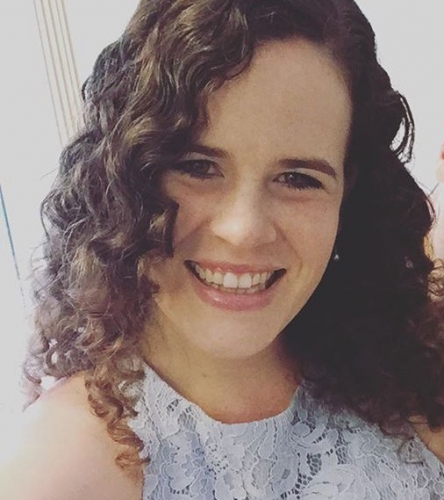As the Australian population ages, the demand for aged care services continues to grow, presenting families with difficult decisions regarding the care of their elderly relatives. Families often act as primary caregivers, advocates and decision-makers for their elderly loved ones, navigating many different healthcare options. Their involvement in aged care decision-making ensures that care arrangements meet their relative’s wishes, while also fostering a sense of partnership and empowerment. We explore the importance of family involvement in aged care decision-making and examine ways in which families can be more effectively engaged in care decisions for their elderly relatives.
As
life expectancy increases and birth rates decline, Australia is facing the challenge of providing care and support for a growing number of elderly individuals. This demographic shift has led to a rise in demand for aged care services, including residential care facilities, home care services and community-based support programs.
Subscribe for FREE to the HealthTimes magazine
Family involvement plays an important role in shaping the care of elderly relatives. Families are often the primary caregivers and decision-makers for their ageing loved ones, tasked with making important decisions about their health, well-being and living arrangements. The involvement of family members in aged care decision-making is essential for ensuring that care plans are tailored to the elderly relative’s preferences, needs and values. Family input also encourages a continuity of care, contributing to better outcomes and a higher quality of life for elderly individuals.
Family involvement in aged care decision-making also has some emotional benefits for families. By actively taking part in the care process, families feel empowered, supported and reassured that their loved one's needs are being met. This makes them actively involved in care decisions and allows families to feel more in control of the situation, helping with feelings of helplessness and anxiety that often come with ageing and illness. This person-centred approach to care promotes independence, self-esteem and a sense of dignity for the elderly relative. Family members can advocate for their loved ones, ensuring that their rights and wishes are respected.
Aged care decision-making can bring out a range of emotions, including guilt, anxiety and grief, as families grapple with difficult choices about their loved ones' future. Balancing the desire to provide the best possible care with practical considerations such as financial constraints, time constraints, and competing family responsibilities can be emotionally taxing. Add in logistical challenges such as arranging transportation, coordinating care schedules, and managing paperwork, which places additional strain on families already struggling with the emotional toll of caring for an elderly relative.
Navigating the complexities of aged care can be overwhelming for families. Providing education and support resources can help families to make informed decisions and navigate the care journey more effectively. This may include information about available care options, eligibility criteria, funding sources, and rights and responsibilities. Offering access to support services such as counselling, peer support groups, and respite care can help families cope with the emotional and logistical challenges of caring for an elderly relative.
-
Communication is key: Effective communication between families and healthcare professionals is essential for successful aged-care decision-making. Encourage open dialogue, active listening, and mutual respect to ensure that all voices are heard and valued.
-
Empowerment through education: Providing families with access to education and support resources can help them make informed decisions and navigate the care journey more confidently. Offer workshops, seminars, and written materials that address common questions and concerns about aged care.
-
Person-centred care: Prioritise the preferences, needs and values of the elderly individual when developing care plans. Involve them in decision-making processes and tailor care arrangements to reflect their unique preferences.
-
Collaborative decision-making: Foster collaborative partnerships between families, healthcare professionals, and other care providers. Work together as a team to develop comprehensive care plans that address the physical, emotional, and social aspects of ageing.
-
Flexibility and adaptability: Recognise that aged care needs may evolve over time and be prepared to adjust care plans accordingly. Stay responsive to changing circumstances, communicate openly about challenges or concerns, and be willing to explore alternative care options as needed.
The role of family in aged care decision-making cannot be overstated. Families act as advocates, caregivers and decision-makers for their elderly relatives, playing an important role in shaping the care journey and ensuring that the needs and preferences of their loved ones are met. Through open communication, collaboration with healthcare professionals and active involvement in care planning, families can enhance the quality of care, promote emotional well-being, and preserve the autonomy of their elderly relatives, so they can all navigate this next stage of life with ease and comfort.













